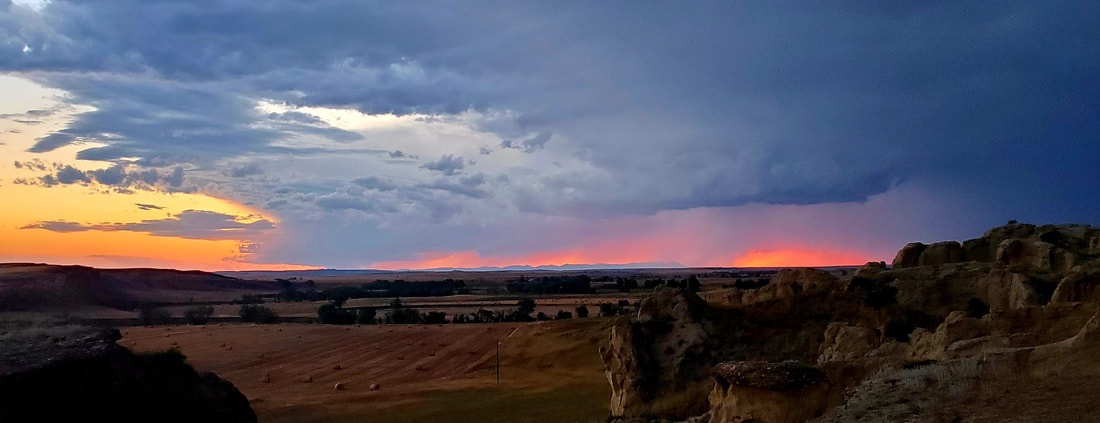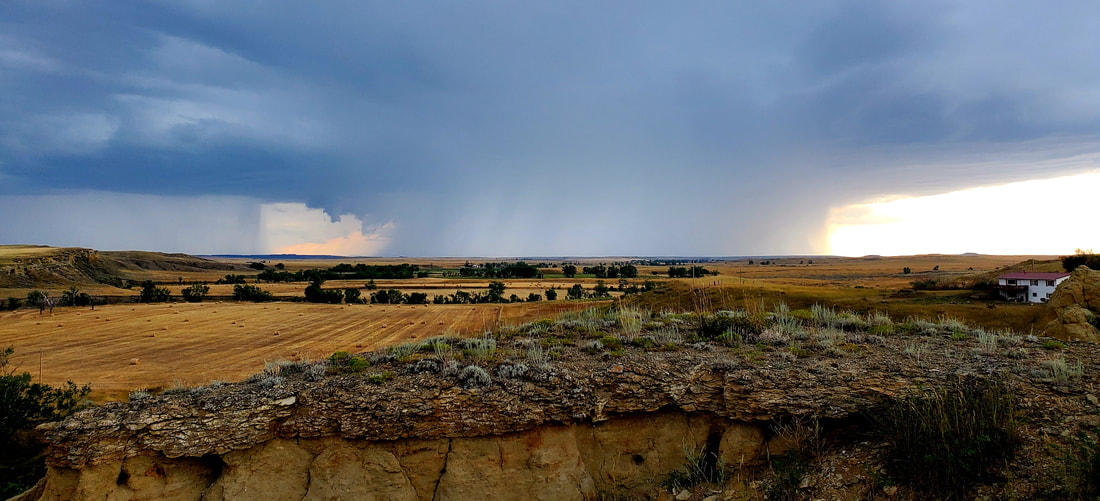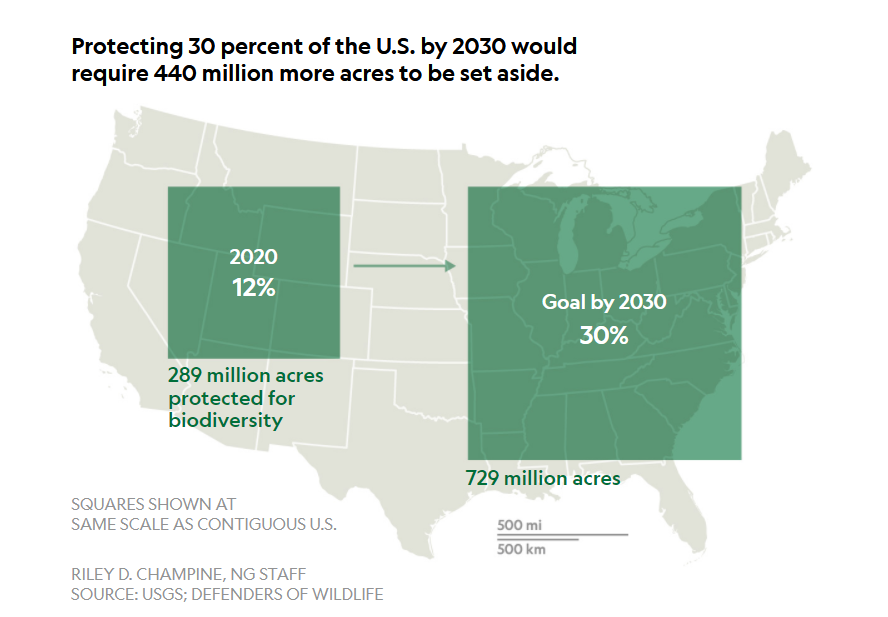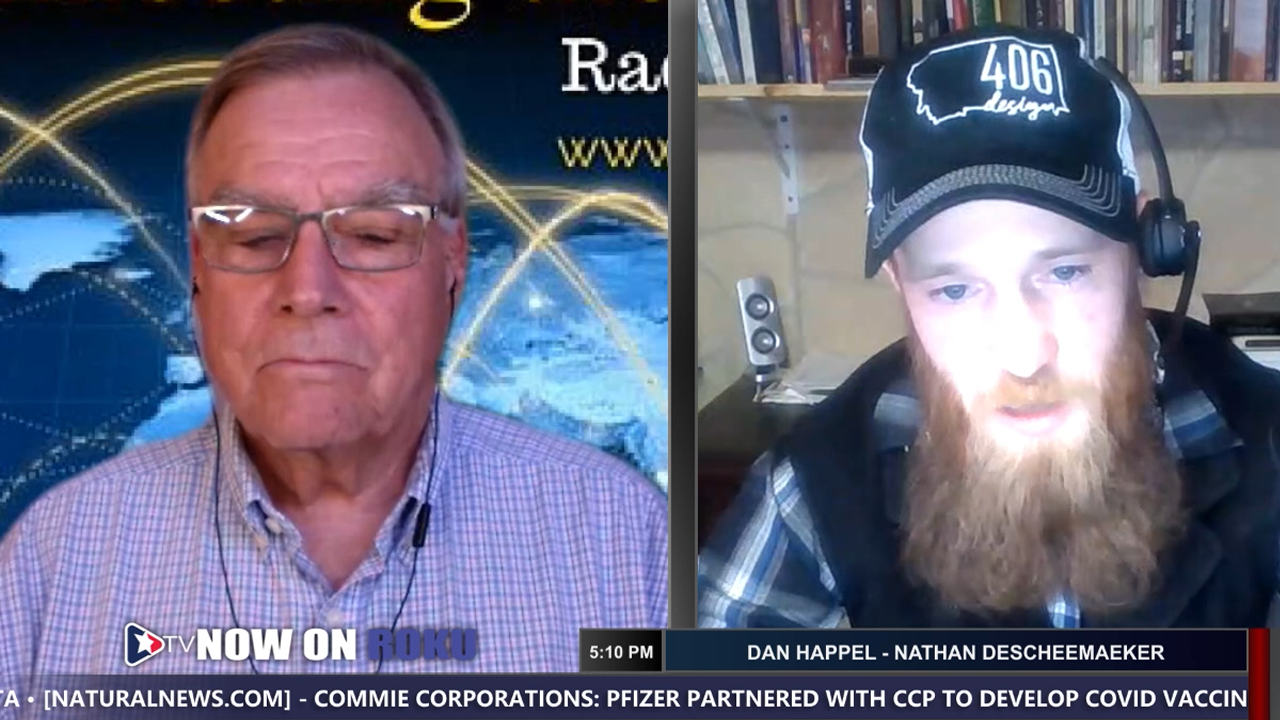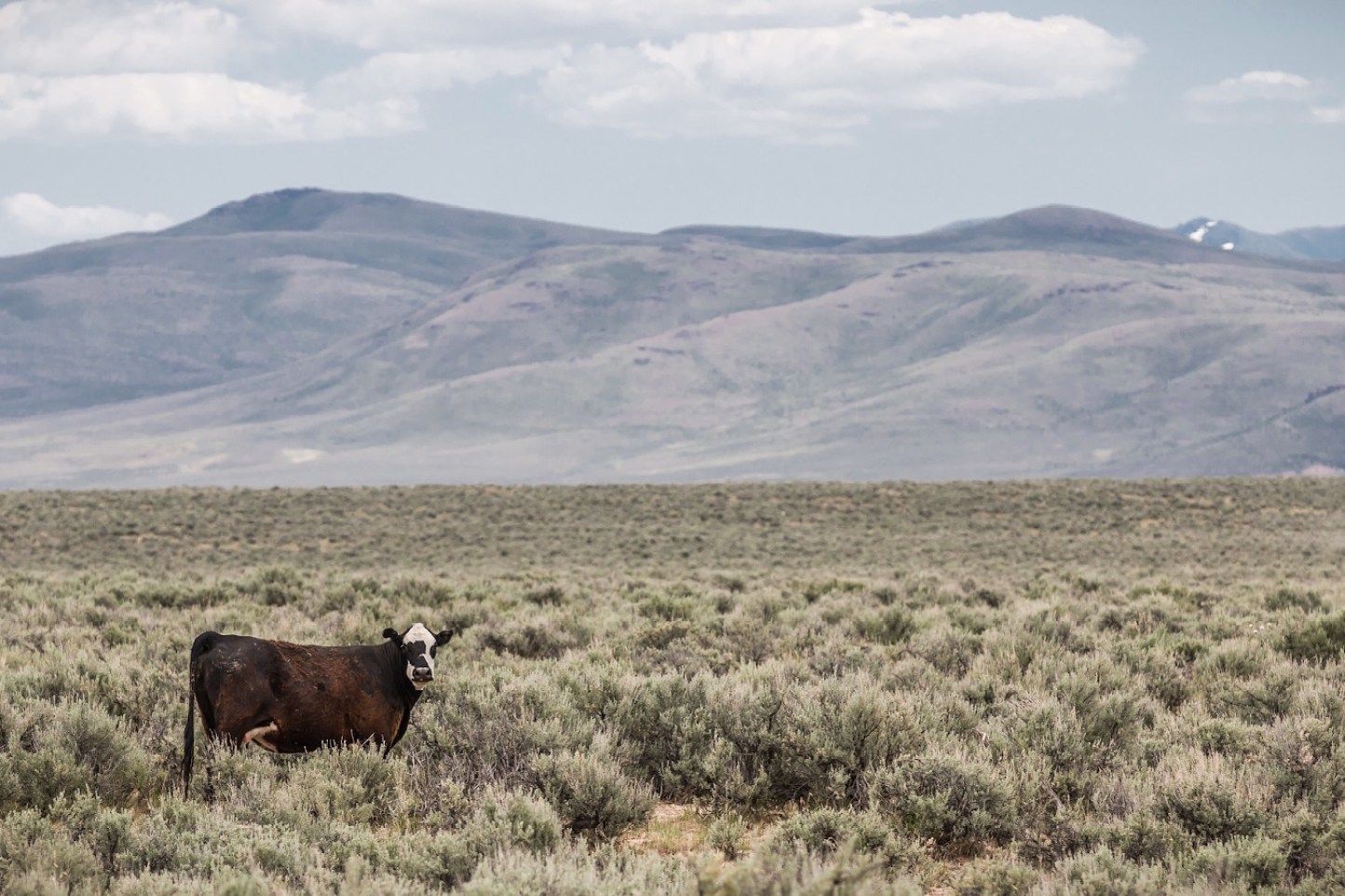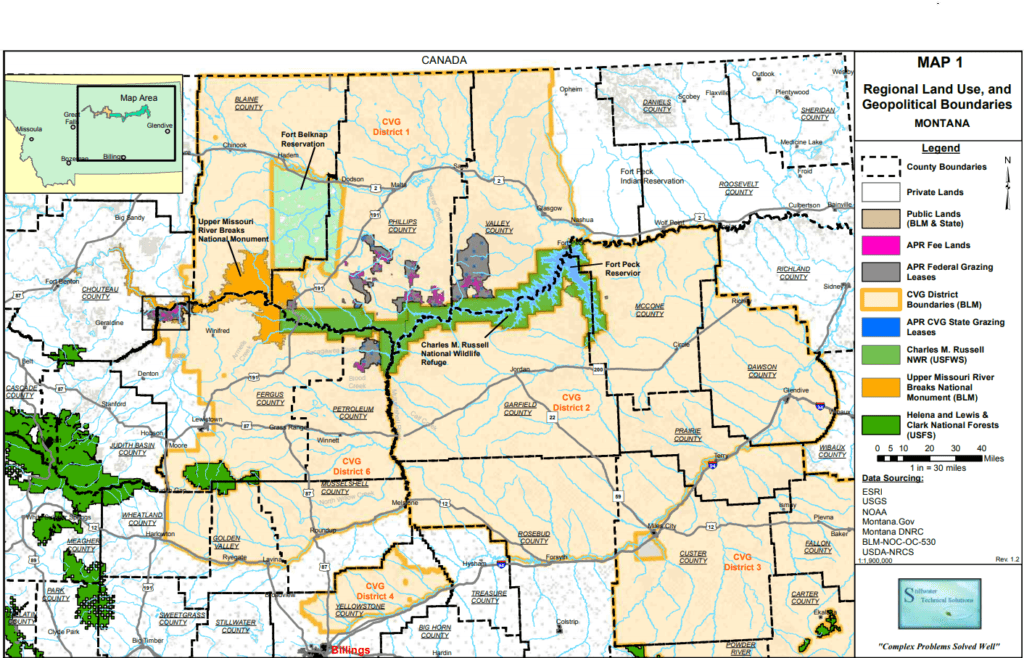|
About our Guest Nathan Descheemaeker Nathan Descheemaeker -and his family raise registered feeder calves in Central Montana. Descheemaeker is a Senior Research Associate and Policy Analyst specializing in federal and local government administrative procedures, land and natural resource policymaking, local governmental relations, and program management. Nathan is also an accomplished musician and a self taught theologian witha love for the classics. Nathan has worked with local governments to identify and challenge attacks on small farm and ranch operations facing increased pressure and regulation by forces and groups outside of Montana, and many times outside of the United States. Check out his website: Nathan Descheemaeker, Author at Liberty Sentinel Red Pill Expo 2020 Breakout Interview 10/11/2020: Nathan Descheemaeker - YouTube |
- AUGUST 20, 2023 MINERALS, COAL, AND ENERGY ... ALL ROADS LEAD TO PARIS - NATHAN DESCHEEMAEKER
- JUNE 4, 2023 WHO WILL REPRESENT THE LIBERTY OF OUR PROSPERITY? - NATHAN DESCHEEMAEKER
- DECEMBER 18, 2022 DEFENDING OUR RURAL RESOURCES - NATHAN DESCHEEMAEKER
| February 7, 2024 NET-ZERO CLIMATE-CONTROL POLICIES WILL FAIL THE FARM |
By Trevor W. Lewis and M. Ankith Reddy
February 7, 2024
Federal policymakers are pursuing expensive climate-control and emissions policies that have largely failed in Europe—and the American farm and household will be required to pay for them. President Trump withdrew the United States from the ideological Paris Climate Accords that burden U.S. industry with strident carbon emissions reduction efforts theoretically designed to reach unreachable emissions objectives. President Biden rejoined the accords on his first day in office, and his administration has pursued a quixotic goal of “net-zero” carbon emissions by regulation and legislation ever since. After recommitting the United States to the net-zero climate-control agenda, the president and Congress revived significant misguided features of the once-failed “Green New Deal” through the Inflation Reduction Act. Then, the Biden administration used executive power to restrict oil and natural gas supply, make chemical feedstocks more expensive to buy and produce, and enlisted the Securities Exchange Commission to require new “environmental, social, governance” or ESG reports to track carbon emissions from farm to table. These federal initiatives and requirements will prove expensive and economically destructive here—just as they have been in Europe.
To better appreciate the true costs that American farms and households will likely pay for the Biden administration’s net-zero policies and objectives, The Buckeye Institute’s Economic Research Center developed a model corn farm that must play by the government’s new carbon emissions rules. The farm’s operational costs, as expected, all rose significantly. Diesel fuel needed for trucks, tractors, and combines became more expensive. As did propane needed to power grain dryers and heat barns. And prices for the nitrogen fertilizer needed to grow crops rose, too. The economic model then traced how those additional operating costs affected food prices for the American consumer. Once again, prices rose to compensate farmers for the government’s actions. The results are predictable and unsurprising, but many U.S. policymakers seem unwilling to address or even acknowledge them. That has to change, or the United States will face dire economic consequences instead.
Complying with net-zero emissions policies and corporate ESG reporting requirements will increase prices of farm inputs, the costs of which will ultimately be passed onto consumers at grocery stores and restaurants. Farmers will see costs rise by at least 34 percent.
| Wyoming and Climate Change -- CO2 Should Be Celebrated, Not Captured |
CO Should Be Celebrated, Not Captured
This report examines the actual and projected effects of the climate on the State of Wyoming in response to proposals to reduce emissions of carbon dioxide (CO2) through the use of “carbon capture” in order to avert purportedly catastrophic atmospheric warming.
This research concludes that Wyoming – like the planet – is benefiting from warming that began more than 300 years ago. Efforts to reduce CO2 emissions are unnecessary and exorbitantly expensive and would make no measurable difference in temperature.
Carbon Dioxide
Claims that carbon dioxide is a pollutant posing an "existential threat" are contradicted by scientific data. Today’s levels of CO2, while representing a recent increase, are significantly lower than they have been during nearly all of Earth’s history. Pre-Industrial Revolution CO2 levels were approximately 280 parts per million (ppm) and began accelerating in the mid-20th century during the post-World War II economic boom. Current levels are about 420 ppm, a 50% increase during the last 200 years. Though elevated compared to the recent past, modern concentrations of CO2 are one-sixth of the average over the last 600 million years. Viewed in this geologic context, we are at near-historically low levels of CO2.
Temperature
Data for Wyoming contradict the 4th National Climate Assessment (NCA4) assertion that “the frequency and intensity of extreme high temperature events are virtually certain to increase.” Our data analysis shows that high daily temperatures peaked during the Dust Bowl years of the 1930s and have been in a 90-year decline. This is confirmed by reviewing the percentage of days that were reported to be hotter than 100°F (37.8°C) by Wyoming temperature stations. There is no discernible increase, and the largest numbers occurred in the first half of the 20th century when CO2 levels were 70% of recent measurements.
There has been, however, a beneficial increase in the minimum nighme temperatures, which has led to a lengthening of the Wyoming growing season. Since the late 1800s, these nighttime temperatures have increased about 2°F (1.1°C). In summary, the slight increase of about 1.2°F (0.7°C) in the average temperature in the last 120 years is being driven by reductions in extreme cold rather than increases in extreme heat.
Precipitation
Although drought is projected by the most recent National Climate Assessment (NCA4) to worsen because of climate change, the historical data refute this claim. The most notable characteristic of Wyoming precipitation is that the amount varies greatly year-to-year but exhibits no overall trend of increase or decrease. Precipitation in Wyoming appears to be controlled primarily by short-term weather-driven events and not by any CO2-linked climate change.
Similarly, NCA4 predicts declining snowpack, but real-world observations show that only two of eight ski resorts in the state experienced a declining trend in snowfall over the last decade, while five showed increasing snowfalls.
Severe Weather
NCA4 claims an increasing incidence of severe weather is a product of climate change, but scientific data indicate no such trend. According to the World Health Organization’s Centre for Research on the Epidemiology of Disasters, deaths from natural disasters have plunged more than 90% from a yearly average of 54,000 in the 1920s to 4,500 in the last decade. The incidence of tornadoes, which are Wyoming’s primary dangerous weather hazard, varies year-to-year but shows no discernible trend of increase.
Agriculture
Contrary to claims of agricultural declines, global food production is greatly outpacing population growth. This boost in agriculture is attributable to modest warming, increasing carbon dioxide (CO2 fertilization effect) and the use of fossil fuel-derived nitrogen fertilizers. Because of a naturally warmer climate and the CO2 produced by the use of fossil fuels, the world currently sustains tenfold the
number of people (8.04 billion) than at the beginning of the Industrial Revolution (791 million).
Furthermore, modestly rising temperatures are benefiting Wyoming agriculture by extending growing seasons. On a broader scale, the length of growing seasons in the contiguous United States has increased by more than two weeks since the beginning of the 20th century.
Greening
The most significant positive consequence of rising concentrations of atmospheric carbon dioxide is that of greatly increased plant growth. Global leaf area increased by a stunning 5.4 million km2 from 2000 to 2017. This area is equivalent to the area of the Amazon rainforest. Notably, the Northern Great Plains is one of seven areas globally experiencing the greatest increase in plant growth.
Emission Reduction Costs and Effects
A review of recent CO2 emission data from the U.S. Energy Informaon Administraon (EIA 2016) reveals that Wyoming emissions were 1.2% of the U.S. total. Assuming elimination of Wyoming’s CO2 emissions in 2010, the amount of warming averted would be only 0.0009°F (0.0005°C) by 2050 and 0.0012°F (0.0022°C) by 2100. This temperature difference is far less than humans experience every few seconds in a “constant” environment – far below our ability to even measure and scarcely different from zero.
Models for Future Climate Predictions
Plans to spend enormous sums of money in a rush to “net zero” are based on mathematically complicated computer models that predict a significant rise in future temperatures. However, the models regularly fail to replicate real-world observations and have been found to overestimate warming effects by two to five times.
This scientific analysis shows that Wyoming’s ecosystems are thriving and prospering. Furthermore, the state’s deposits of fossil fuels represent not only a valuable energy source but a reserve of carbon whose release into the atmosphere as carbon dioxide promises to benefit plant and animal life for centuries.
|
Red Pill Expo 2020 Breakout Interview 10/11/2020: Nathan Descheemaeker |
https://www.brighteon.com/4b621da3-1d66-41dc-bc06-a42ccc8f36d9
|
1/4/2022 Connecting The Dots: Dan Happel ft. Nathan Descheemaeker Watch "Connecting The Dots" LIVE on Brighteon.tv every Tuesday from 5:00 pm - 6:00 pm EST Connecting The Dots - danhappel.com |
MUST SEE: Nathan Descheemaeker Master Class on Constitution Plus Dr Monzo (rumble.com)
|
MUST SEE: Nathan Descheemaeker Master Class on Constitution Plus Dr Monzo The Most Dangerous Man on Rumble is back with another great set of Interviews. I present to you Mr. Nathan Descheemaeker, a presenter at the Red Pill Expo in Salt Lake City. To see his full presentati rumble.com |
Nathan Descheemaeker, Author at Liberty Sentinel
|
Nathan Descheemaeker, Author at Liberty Sentinel Nathan and his family raise registered feeder calves in Montana, and he is a Senior Research Specialist and Policy Analyst specializing in federal and local government administrative procedures, land and natural resource policymaking, and local governmental relations. libertysentinel.org |
Op-Ed: Unsustainable Costs and Impacts of Government Land Acquisition (northernag.net)
|
Op-Ed: Unsustainable Costs and Impacts of Government Land Acquisition - northernag.net Opinion Editorial by Nathan Descheemaeker. The public land law review commission was a Congressional committee tasked with analyzing and reviewing the history of public land laws in the US and provide to congress a report which led to the codification of the Federal Land Policy and Management Act as well as other cornerstone statutes. northernag.net |
APR’S DEFENSE OF PROPERTY RIGHTS LACKS LEGAL UNDERPINNING - UPOM
|
APR’S DEFENSE OF PROPERTY RIGHTS LACKS LEGAL UNDERPINNING - UPOM by Nathan Descheemaeker Can private property serve as a privileged sanctuary from which multi-national tax-exempt foundations can incrementally transition and consolidate millions of acres of productive agricultural lands? The APR in its paper Building a Legacy of Conservation pg. 1 states “When complete, the Reserve will consist of more than three million acres of private […] upom.org |
Who Will Represent the Liberty Of Our Posterity? - Dr. Dan's Freedom Forum (drdansfreedomforum.com)
May 16, 2023
Facebook Twitter LinkedIn Tumblr Pinterest Reddit Share via Email Print
By Guest Contributor Nathan Descheemaeker
In response to the youths bringing climate change litigation in the case of Held v. The State of Montana, it is necessary to bring the flip side of the coin regarding the youth in the State of Montana and the issues they will face in their future. I’m not talking about fires, drought, or severe weather which man has always encountered and endured. I’m talking about the significant impacts that are and will continue as a result of whole of government, whole of the economy, executive climate policy objectives which has transformative effects on the economic and political process which threatens the future generations’ capacity for self-government guaranteed in the state constitution.
As for ranchers, farmers, and other resource producers who provide the fundamental goods and services taken for granted within the quiet comfort of a suburban home, we face many uncertainties, unpredictable weather, unpredictable breakdowns, etc. One thing that is predictable is that if the direction of law and government towards despotic and arbitrary rule remains unchecked the last vestiges of liberty of one’s person and one’s property, the right to enlightened self-government upon an objective base will be impossible. If the means of production (capital) is no longer aggregated among many individuals employing themselves independently in the market, the inevitable result is a consolidation of the means of production which history shows us the state becomes the sole employer and the old saying “he who does not work does not eat,” changes to “he who does not obey does not eat.”
If the owner may do with his property only that wich is prescribed to him, what directs the national economic activity is not property but that prescribing power. . . This merely means that a given condition of social production is to be preserved, even though it would vanish under private property.
Mises, 1922The state in the form of the Judiciary, the Legislature, or the executive which seeks to control and dictate economic activity poses a far greater threat to the liberties of the individual, without which a clean and healthful environment becomes a moot point. It is by the separate government branches playing their limited enumerated role to preserve the life, liberty and property of the individual that accomplishes the purpose for which governments are instituted among men. The late Justice Scalia said, “As a practical matter, he who controls my economic destiny controls much more of my life as well.”
I know no society, today or in any era of history, in which high degrees of intellectual and political freedom have flourished side by side with a high degree of state control over the relevant citizen’s economic life. The free market, which presupposes relatively broad economic freedom, has historically been the cradle of broad political freedom, and in modern times the demise of economic freedom has been the grave of political freedom as well.
Scalia, p.180, Economic Affairs as Human AffairsIn order to enjoy self-government, one needs legal protections of private property rights and stable regulatory frameworks enabling private investment in our natural resource industries which our laws have always, and rightfully so, provided for. But this is what these climate justice youth are seeking to upend, claiming the state’s legislative policy allowing responsible fossil fuel development violates their constitutional right to a clean and healthful environment. These are highly conjectural claims being propagated, seeking the solution by asking the courts to disregard legislative prerogatives and robbing the consumer of his choice by prescribing what economic activity is allowed based on the grievance of a group of youths.
If people believe that hamstringing our fossil fuel industries will mean that fires will cease, and severe weather will subside, they will be woefully disillusioned. These phenomena happened to a lesser or greater extent before industrialized civilizations existed, and if the redistributors succeed in dismantling industrialized civilization the fires will persist as they did before, and as data from the National Interagency Fire Center (NIFC) below shows, they may persist to a greater extent than today.
The Climate change litigation brought by these kids arguing for the right to a clean and healthful environment as justification to eradicate our carbon-based industries will find they are ripping the material foundation from under their feet which alone provides the leisure to enjoy a clean and healthful environment. Forget a clean and healthful environment. No one will have the leisure to enjoy such things when all their time and energy goes to trying to survive in a place of subsistence living. This is plainly evident in many countries where private property and private investment in natural resources accompanied by self-government are lacking. There you will find the environment suffers, as do the people who live in such a system.
So, what about all the other young people in the state of Montana who are guaranteed in the Montana Constitution to a system of self-government that directly implies a free-market economy that many of our counties have policies to foster in order to secure self-determination? The Doctrine of in Para Materia requires that a body of law be looked at in its entirety. Justice Frankfurter once said, “Statutes cannot be read intelligently, while the eye is closed to affiliated statutes.” You cannot use one instrument of the constitution to eradicate another instrument of the constitution without dismantling the structure to the ruin of public liberty.
With this said the youth in this state have far greater standing regarding the damages resulting from the failure of the executive branch to accurately assess the true cost of government policies associated with climate policy objectives. This along with the out-of-control government spending, subsidizing favored industries to benefit from green projects, has extensive impacts on the market. Nicolai Tangen, chief executive of the world’s largest sovereign wealth fund explained that “companies benefitting from economically ineffective and inefficient projects through applying for green subsidies has fundamentally flipped free-market principles on their head, an arrangement that is sure to invite economic chaos.”
This kind of coercive influence in the markets is a gross obstruction of the otherwise broad economic freedom which has always served as a basis for broad political freedom necessary for the republican form of government guaranteed to the States in Article IV of the U.S. Constitution. The late Supreme Court Justice Antonin Scalia noted in a speech at the Cato Institute conference on Economic Liberties and The Judiciary in 1984:
We (the court) will ensure that the executive does not impose any constraints upon economic activity which Congress has not authorized; and that where constraints are authorized the executive follows statutorily prescribed procedures and that the executive (and much more rarely, Congress in its prescriptions) follows constitutionally required procedures.
It has become evident that the court has not ensured that the executive does not impose any constraints upon economic activity without express delegation. The timetables and targets expressed in numerical terms for decarbonization and the associated international commitments have not been approved by representatives accountable to the electorate, and are currently impacting individual citizens, homes, businesses and governments with the inflationary result of pumping dollars into the economy while regulating the material conversion of resources for consumption, creating high demand and too little commodity driving up costs across the board. And all this is being done on purpose to target and destroy traditional industries which have consistently provided stable rates and reliable energy to ratepayers and consumers. Reliability of energy and other necessary goods and services are becoming a thing of the past and culminates in what could be called a regulatory taking of the entire country.
The lack of disclosure on the part of the federal government relating to the implications of accomplishing such goals as Net-Zero by 2050 with the extensive international guidelines to be followed is in violation of the primary intent of the rule of law and due process which employ the essentials of public scrutiny, without which the individual citizen is left exposed to unrestrained power. Where else would the injunction of the judiciary be more important than the preservation of fundamental principles as enumerated by compact in the Federal and State Constitutions and the Declaration of Independence from which they stand? Preserving the structure of our system is the most pertinent importance for preserving the rights of persons.
If the Executive cannot prove without a reasonable doubt that the current inflation, supply chain shortages and other impacts are not in part a result of non-delegated executive policy and rules touching vast sectors of the economy (whole of government, whole of economy EO 14008) resulting in transformative effects on the political process and social relations, the individual citizen proves damage to his property and well-being as a result of unconstitutional process.





